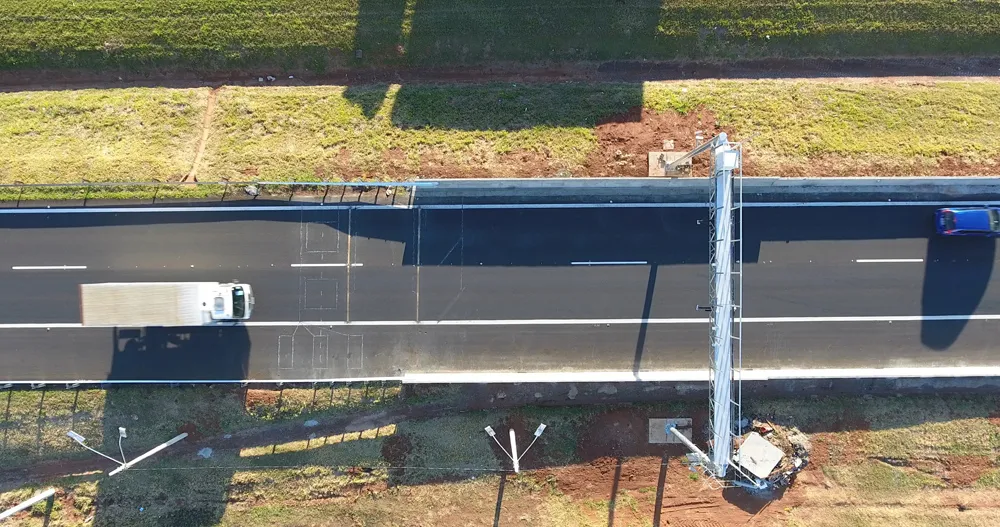AT4 wireless is to provide testing services to assess the fair coexistence of wi-fi and LTE in unlicensed spectrum (LTE-U) devices in accordance with the Wi-Fi Alliance Coexistence Test Plan. The testing assesses whether commercially available LTE-U devices coexist fairly with wi-fi in the same environment.
The development and deployment of LTE-U devices, which utilise 4G LTE radio communications technology in the unlicensed spectrum, introduces the possibility of interference with wi-fi equipment operat
August 9, 2016
Read time: 2 mins
AT4 wireless is to provide testing services to assess the fair coexistence of wi-fi and LTE in unlicensed spectrum (LTE-U) devices in accordance with the Wi-Fi Alliance Coexistence Test Plan. The testing assesses whether commercially available LTE-U devices coexist fairly with wi-fi in the same environment.
The development and deployment of LTE-U devices, which utilise 4G LTE radio communications technology in the unlicensed spectrum, introduces the possibility of interference with wi-fi equipment operating in the same bands. Small deviations in LTE-U design requirements may affect wi-fi performance when working in proximity and in the same frequency band. AT4 wireless will conduct independent testing based on objective tests and an industry-approved methodology to verify that LTE-U products do not violate fairness indicators.
Wi-Fi Alliance agreed to qualify AT4 wireless to provide testing services based on the Coexistence Test Plan, which is being developed by members of the wi-fi and LTE-U communities in Wi-Fi Alliance. The Performance Test Tool from AT4 wireless will collect the most relevant key performance indicators, such as throughput, latency (one-way delay), and jitter (latency variation). Official testing will commence once Wi-Fi Alliance releases the final Coexistence Test Plan.
The AT4 wireless Performance Testing Platform is a multipurpose testing solution capable of acting with different roles: traffic generation, setup automation, data collection and analysis. It provides specific features tailored for measuring the impact of the LTE-U devices on Wi-Fi deployments.
AT4 wireless has collaborated with Wi-Fi Alliance as an Authorized Testing Laboratory since 2004 and offers test services for all Wi-Fi Alliance programs for the certification of Wi-Fi devices.
The development and deployment of LTE-U devices, which utilise 4G LTE radio communications technology in the unlicensed spectrum, introduces the possibility of interference with wi-fi equipment operating in the same bands. Small deviations in LTE-U design requirements may affect wi-fi performance when working in proximity and in the same frequency band. AT4 wireless will conduct independent testing based on objective tests and an industry-approved methodology to verify that LTE-U products do not violate fairness indicators.
Wi-Fi Alliance agreed to qualify AT4 wireless to provide testing services based on the Coexistence Test Plan, which is being developed by members of the wi-fi and LTE-U communities in Wi-Fi Alliance. The Performance Test Tool from AT4 wireless will collect the most relevant key performance indicators, such as throughput, latency (one-way delay), and jitter (latency variation). Official testing will commence once Wi-Fi Alliance releases the final Coexistence Test Plan.
The AT4 wireless Performance Testing Platform is a multipurpose testing solution capable of acting with different roles: traffic generation, setup automation, data collection and analysis. It provides specific features tailored for measuring the impact of the LTE-U devices on Wi-Fi deployments.
AT4 wireless has collaborated with Wi-Fi Alliance as an Authorized Testing Laboratory since 2004 and offers test services for all Wi-Fi Alliance programs for the certification of Wi-Fi devices.










